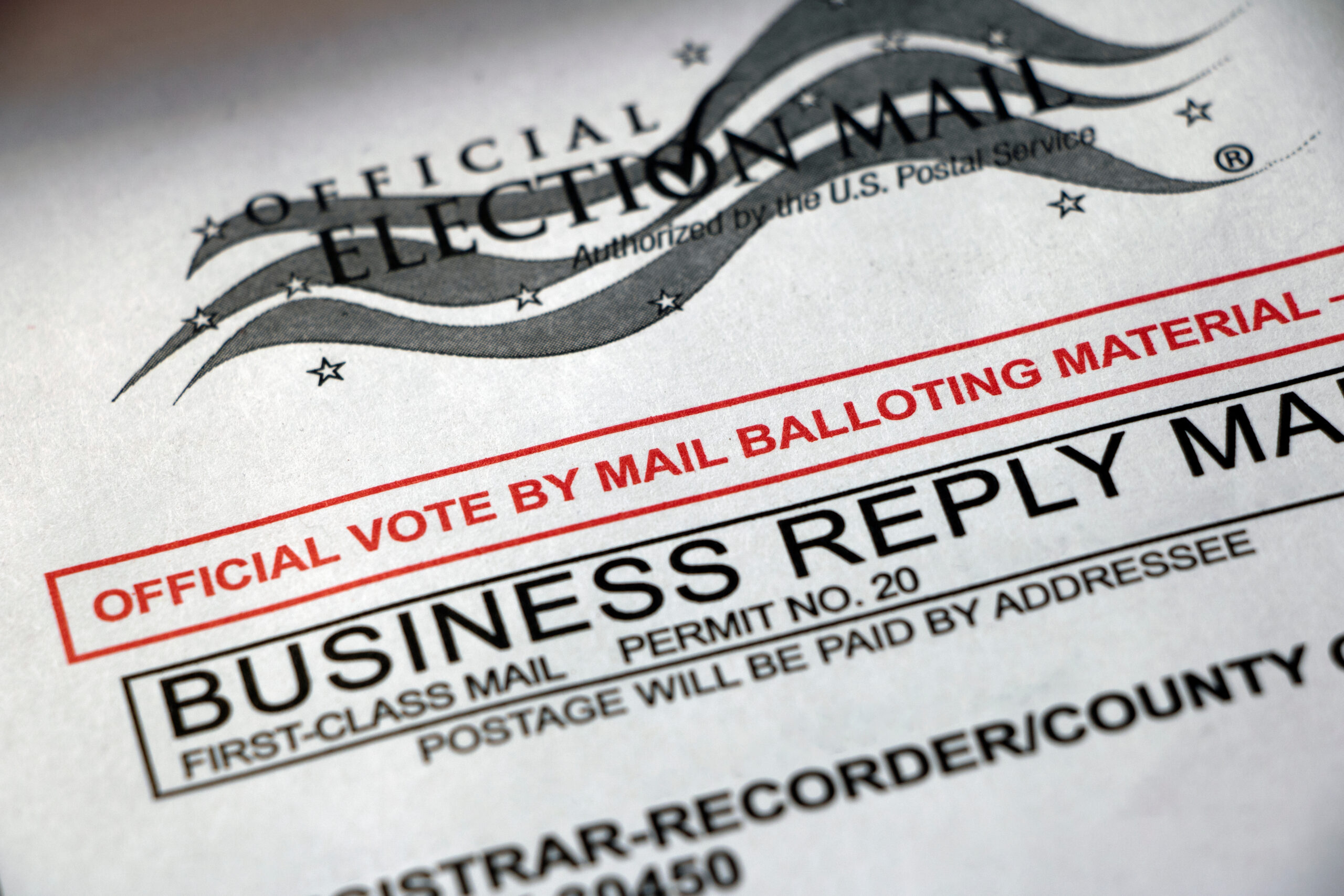Two weeks out from the presidential election, the nation is divided, polls can’t predict a winner, a third party candidate persists in their campaign, and anger over issues (Gaza being emblematic) pushes some to not vote, vote third party, or vote “to punish” the Democratic candidate.
My commitment to activism and progress is strong; my responsibility as a lawyer, law professor, and advocacy/persuasion teacher, is to dissect arguments, identify the reasoning behind it, and look for and expose fallacies or unacknowledged consequences. As I see these trends, read the heartfelt angry statements, and listen to those who take such stances, I fear two things – the consequences of such actions are dire and the reasoning does not hold up.
Consider these statements, some direct quotes and others paraphrases of what potential voters have said:
I need to see a policy that says something in Israel is going to change [before I vote for Harris]
I am becoming a one issue voter
The Democrats have done great things. Biden has passed historic legislation, but none of that will outweigh on the scales of justice a genocide unfolding in front of our eyes.
“You’re really asking me whether I’m going to take a [travel] ban or a genocide? I’ll take a ban…”
I want to punish the Vice President for…[Gaza]
Each reflects a one-issue approach – the importance of this issue is so great that all others pale. But one issue voting – if it makes sense and is morally grounded at all – is justifiable only if the two candidates differ on the topic. If abortion is the issue, and the two candidates’ positions are diametrically opposed, then one issue voting at least has a clarity of purpose. But an ‘I can’t vote for the Vice-President’ because of any one position, no matter how important, loses meaning if the non-vote [or third party choice] leads to the election of someone who shares the same position or is worse and, with Mr. Trump, will harm people in so many other ways.
So when someone asks ““You’re really asking me whether I’m going to take a [travel] ban or a genocide? I’ll take a ban[,]” shouldn’t the response be “If this is genocide I’m asking you if you will take a ban and more genocide?” Isn’t that the choice?
Would that we had the benefits of a parliamentary democracy, one where a vote for a third party candidate could still have power when alliances are formed and polices impacted. But we don’t. The choice is indeed binary, and where there are tangible differences between the two candidates on life-impacting issues a one-issue-over-all approach renders no benefit and can occasion life-long harm.
In persuasion theory and advocacy we test propositions, challenge them, try and falsify the theses, go behind the reasoning, and finally determine whether an argument is flawed or makes sense. If we were to accept that the Vice President is facilitating a horrific, unjustified, war, then how is a vote against her – whether implemented by voting for Trump, voting for a third party candidate, or not voting at all – a valid premise if Mr. Trump holds the same position or worse and will threaten the planet and our liberties in so many additional ways?
It is simple. If Donald Trump is elected,
The chance for the planet to respond to and avoid the worst consequences of climate change and global warming will be non-existent.
Our Supreme Court will be pushed further to the right.
Abortion and health care will be at risk.
Science will be rejected.
Attacks on immigrants will grow and be more virulent and potentially violent.
An unstable individual will have the power to use nuclear weapons.
The United States will embrace fascist leaders.
Racial and gender justice will be ever-receding goals.
Our economy will be at risk.
Seniors will stand to suffer.
The embrace and normalizing of antisemitism and anti-Muslim ideologies and political violence will continue.
I suspect this list could go on and on, so I stop here. This is not to say that a Harris presidency will do everything I want or that any of us wants. But in the binary-choice world we live in, where so many consequences are so severe, one-issue voting can and will have deadly and long-lasting results.
I am old[er]. I say that not because age equates with greater wisdom but rather because I try and look farther down the road to assess the impact of today’s choices. I see the world as a grandparent and want my granddaughters to have clean air and sufficient water, a world built on respect for diversity, and a chance to thrive. With a second Trump term, all of that will be lost.
My age has another significance. In 1968 the Democratic candidate for President was then Vice-President Hubert Humphrey, a decent person in so many regards who would not repudiate his role in the Johnson administration and the war in Vietnam. The parallels are significant; the lesson was fraught. We ended up with Richard Nixon as President, the man who continued the Vietnam war, took it into Cambodia, and led a hard turn to the right that still impacts this country today.
Vote and then protest; but do not protest with your vote. The world – for us and our children – depends on it.


